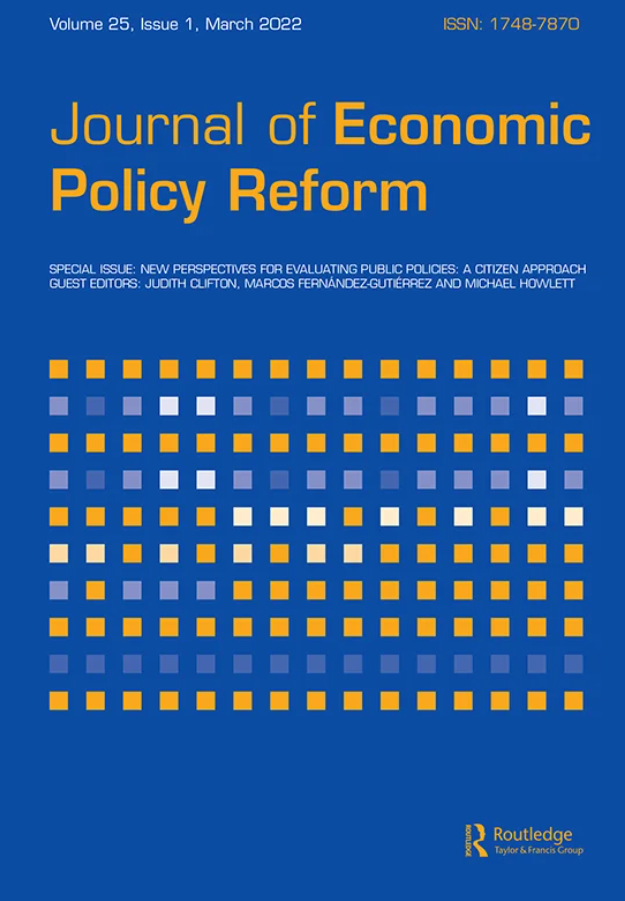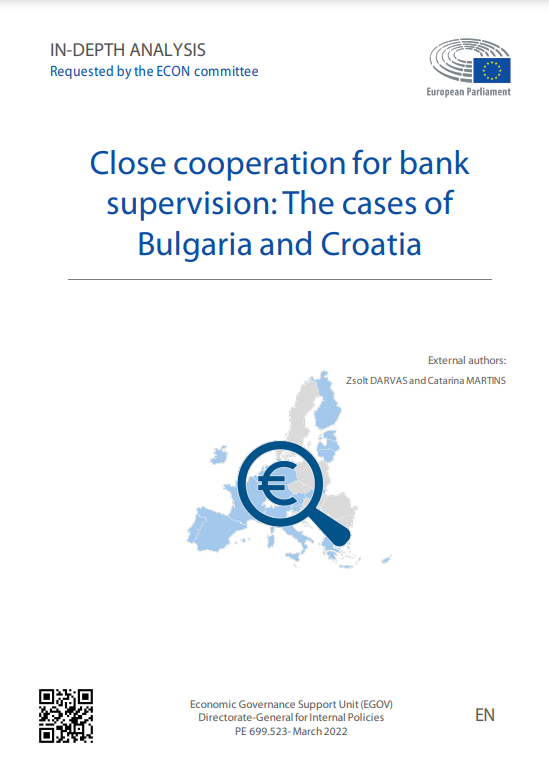Past Event
Saving the right to asylum
How to improve the European asylum policy?
Video and audio recording
The migration crisis of 2015 revealed the inadequacies of European legal tools in terms of asylum and, by extension, in terms of managing migration flows. In this context, Institut Montaigne jointly with Terra Nova have written a report which calls for a reform of the European asylum policy and for a rapid, unified response to the humanitarian emergency in the Mediterranean.
We were delighted to work together with the Institut Montaigne on this event to discuss the improvement of the European asylum policy.
summary
On the same day that French President Emmanuel Macron penned an important letter to Europe in which he called for “a common border force and European Asylum Office,” asylum policy experts gathered at Bruegel to discuss a joint report by Institut Montaigne and Terra Nova entitled “Saving the Right to Asylum.” The panelists associated with the study presented their main policy recommendations, and their presentation was followed by a discussion surrounding the feasibility and implications of these ideas.
Jean-Paul Tran Thiet began by explaining that the right to asylum is an important aspect of EU law. The Lisbon Treaty states that asylum policy is a shared competency based on solidarity of member states. Despite the importance of the right to asylum, it has come under political attack as of late, especially in the wake of the Syrian Refugee Crisis. In order to protect this right, asylum policy needs to be reformed, and Mr. Thiet presented three main proposals for such reform.
First, he states that there needs to be a reform of the authorities who are in charge of asylum. Currently, asylum policy can be changed by politicians, and politicians are often under intense pressure to institute such change. Because asylum (i.e. the ability to flee danger and find safety) is a fundamental human right, it should not be subject to variant political winds. Instead, European states need to create asylum administrations that are politically independent. Second, the EU needs to create a coordination agency that will work to harmonize the asylum policies that are instituted in member states. Third, there should be a renunciation of the Dublin “first entry” rule. This rule (which states that asylum-seekers should stay in their country of entry) was originally implemented to ensure that first-entry countries would increase their border controls. This has been a failure, and there needs to be a change in policy so that asylum coordination between member states can become a reality.
After Mr. Thiet, Marc-Olivier Padis advocated for four other changes in asylum policy. First, he advocates for readmission agreements and the creation of centers that would effectively aid asylum seekers in entering Europe and returning to their home country when the time is right. Second, The EU needs to make sure that countries of transit (where high numbers of asylum-seekers congregate) are capable of supporting the human rights and dignity of asylum-seekers. Third, the member-states and the EU need to create institutions that facilitate the integration of those who are granted asylum. Lastly, Europe needs to create processing centers where asylum-seekers can apply for placement in the member state of their choice. This is necessary in order to keep first-contact countries from being overwhelmed with asylum-seekers.
Following these policy proposals, Karen Mets from Save the Children International weighed in with her thoughts. She emphasized the importance of making sure that there is a push for saving the right to asylum in the EU as many EU members support asylum elsewhere but not at home. Further, she brought up the important point that, while these policy proposals may be good ideas, it could be unrealistic to assume that they can all be implemented at once in the current political climate. She states that policy-makers need to be ok with limited short term gains while keeping their eyes focused on a long-term goal that may not be achieved for quite some time.
The panelists continued to discuss the importance of coordination in asylum policy amongst EU states, and they also noted that asylum policy is not the same as immigration policy. Asylum is for those fleeing danger while immigration is for those who are seeking to move for other reasons. Many times, these terms are confused in political debate. During the Q&A session, this same discussion continued as the panelists answered questions regarding whether or not the system of coordination and distribution of asylum-seekers across the EU would lead more individuals to seek asylum. They explained that asylum is not something that individuals are incentivized to seek but that is sought out of desperation. There was also some deliberation as to whether coordination would lead those states who do not give sufficient rights to immigrants to give more rights or if those who give more rights would have to compromise and hence decrease the rights for asylum seekers in a coordinated system.
Notes by Davis Cousar
Schedule
12:30-13:00
Check-in and lunch
13:00-13:10
Welcome addresses
Nicolas Bauquet, Research director, Institut Montaigne
Guntram B. Wolff, Former Director
13:10-13:30
Presentation
Marc-Olivier Padis, Head of Studies Department, Terra Nova
Jean-Paul Tran Thiet, Senior Fellow & Former Board Member, Institut Montaigne
13:30-14:00
Discussion
Chair: Elina Ribakova, Deputy Chief Economist, Institute of International Finance
Karen Mets, Senior Advocacy Adviser, Asylum and Migration, Save the Children International
Marc-Olivier Padis, Head of Studies Department, Terra Nova
Jean-Paul Tran Thiet, Senior Fellow & Former Board Member, Institut Montaigne
14:00-14:30
Q&A
14:30
End
Speakers

Karen Mets
Senior Advocacy Adviser, Asylum and Migration, Save the Children International

Nicolas Bauquet
Research director, Institut Montaigne

Marc-Olivier Padis
Head of Studies Department, Terra Nova

Elina Ribakova
Deputy Chief Economist, Institute of International Finance

Jean-Paul Tran Thiet
Senior Fellow & Former Board Member, Institut Montaigne

Guntram B. Wolff
Former Director
Location & Contact
Katja Knezevic
[email protected]







